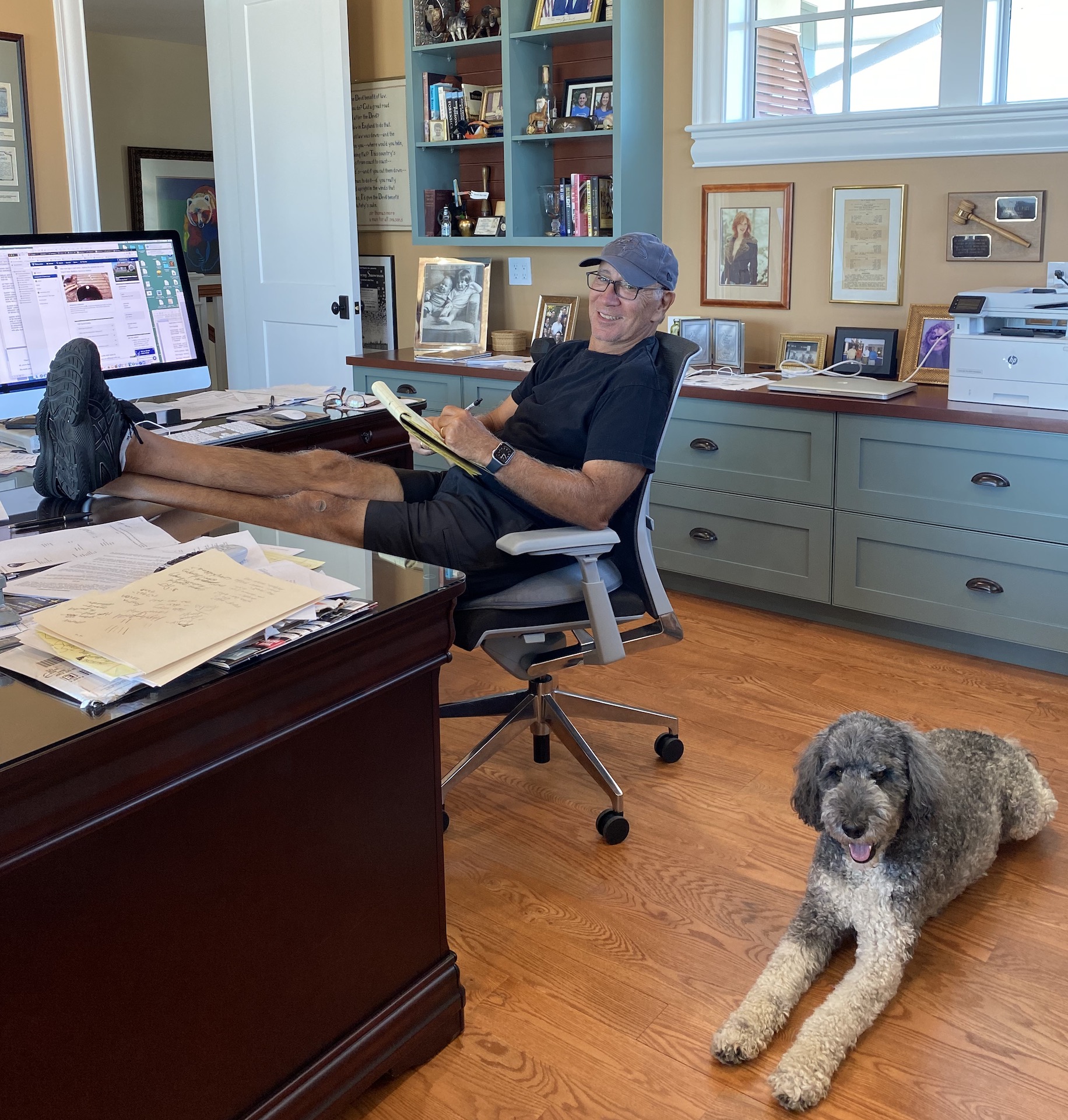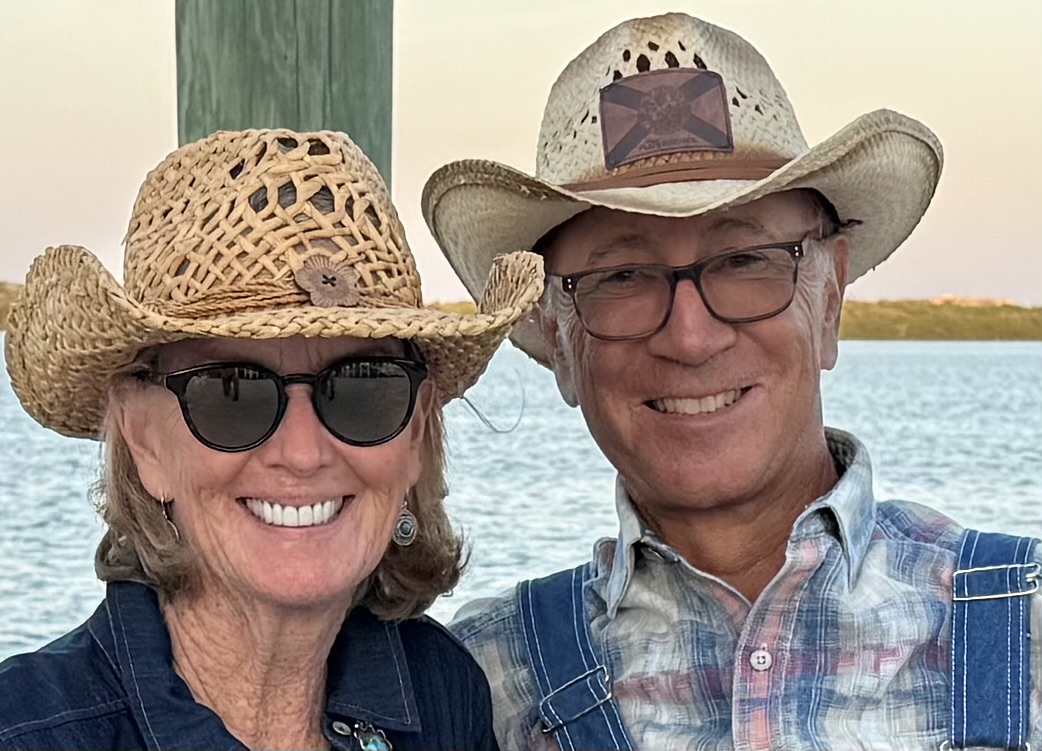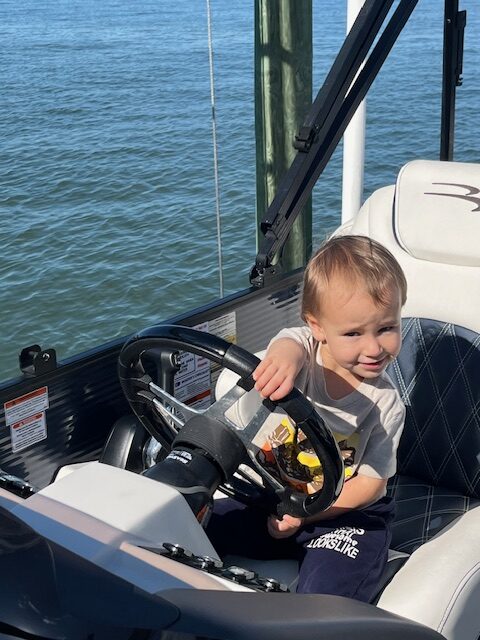Seminar Questions
I spoke recently at a writing seminar and thought you might find a few of the Q&A exchanges interesting.
Q. How did you get into writing?

A. I’ve been writing most of my life. I remember in fourth grade helping write my elementary school’s Christmas play. In high school we had an annual varieties show where students performed in various skits. I wrote and performed in a skit every year. As a youngster I entered our community’s talent show as a ventriloquist. I wrote the full script and, while I didn’t win, I did come in second to Donny Miller singing Volare. (To this day I’m certain the fix was in because Donny’s mom’s best friend was one of the judges.)
As an adult I became involved in community theater and performed in numerous shows in the Annapolis area. I commuted 45 minutes each way to work, and to kill the time while driving I dictated into a hand-held recorder a stage play entitled Allegheny Snowman. The story explored what it must’ve been like to be a guard at a concentration camp: at the end of the war, a 16 year old mild-mannered German boy is drafted into becoming a guard at Auschwitz, and must face impossible life choices. It won a regional mid-Atlantic playwright competition.
Stage plays morphed into film scripts. I wrote a few and figured it would be just like school—you write something, just “turn it in,” and a short while later you get a grade. So naïve looking back. Like most submitters I got crickets in return. Then I figured I’d simply write a book. The book would sell lots of copies, and doors would fly open with Hollywood producers fighting for my screenplays. Instead, more crickets.
But I discovered I really liked writing books. And I did, and most all have been successful. So far, I’ve traditionally published six books and self-published a seventh using a different name because it was a different genre.
"Some of the best advice I ever received was to be a good writer you must read good writing."
Q. How do you get your ideas?
A. I think every writer would give the same answer: everywhere. Some of the best advice I ever received was to be a good writer you must read good writing. And I do that. I write in the horror/thriller genres. I’ve been a huge fan of Stephen King, John Grisham, and David Baldacci for years and read most everything they’ve written. But not just them. There are too many great thriller writers out there to mention, and I’m devouring their stuff constantly.
And you can’t discount the importance of luck in coming up with ideas. Probably every writer will tell you how luck played an important role in their writing. For example, one thing I learned early on is the importance of having flawed protagonists. The most common flaw writers attach to their heroes is alcohol addiction. I’ve used it myself. But for the main character in my Belle Bannon books I was looking for something different. One day I was searching for a description on how to build an IED—improvised Explosive Device—for an outline of a new book. When I googled IED, I discovered those three letters also stand for Intermittent Explosive Disorder, a psychological disorder where someone experiences recurrent explosions of rage wildly inappropriate to the situation. Only an outside force can stop the person from total escalation. I hadn’t seen this disorder used in fiction and attached it to Belle. It makes her much more interesting as it creates tension every time something makes her mad. Her struggle to control the disorder while still dealing with both normal jerks and deadly bad guys adds an additional layer of interest for the reader.
"If you're learning, by definition you're growing. And if you're growing, by definition, you're living. So, Yearn to Learn!"
Q. Do you ever experience the frustration of writers block, and if so, how do you overcome it?
A. Sure. To overcome it I immerse myself in something even more frustrating—golf! I belong to a club just 6 minutes from our house. When things get bad at the writing desk, I drive over and hit a pile of balls on the driving rage. If I’m really stuck, I’ll play a quick round. Nothing is more frustrating that trying to hit that damn ball where I want it. Afterwards, by comparison facing a blank page is a breeze, and I can jump back in.
Q. Did you ever go through a mid-life crisis and go buy a fancy sports car?
A. No. I went in the other direction and bought a great Ford pickup. I love my truck!
Q. As you’ve gotten older has your writing slowed down?
A. The opposite. I’ve learned the key is everyday I try to learn something new. One cool thing about fiction writing is you’re required to learn new stuff. And think about it. If you’re learning, by definition you’re growing. And if you’re growing, by definition, you’re living. So, Yearn to Learn!

"To think I had a tiny part in making that young stranger feel a spot of happiness is what makes it all worthwhile."
Q. Your job as a lawyer obviously involved writing. Was this experience helpful?
A. Yes and know. (Typical lawyer answer.) Having to write trial and appellate briefs trains you to use the language competently. But an appellate brief is very different from a fictional story. For example, you rarely employ dialogue in a legal writing, yet dialogue is critical when penning fiction. Legal writing must be precise; fiction writing should not be precise because that’s not how normal people speak. Like other lawyers who transition to fiction, I had to unlearn many of my legal writing habits.
Q. Other than golf, what do you like to do in your spare time?
A. I’m blessed to have a great family. For example, I love boating with my grandson, Charlie, and hanging out with my amazing wife, Anne.


Q. Finally, do you have any regrets about your writing career?
A. Probably that I didn’t start earlier. But the rewards are irreplaceable. For example, shortly after I wrote my first book, I received a note from a young woman who lived on a farm in rural North Dakota. She said it was winter, and snow covered the farm. She felt lonely, isolated. But when she read my book, it drew her into a world where she could escape, and it kept her going when she felt most down. To think I had a tiny part in making that young stranger feel a spot of happiness is what makes it all worthwhile.